
I’m not going to give you answers,
simply pose more questions.
Also, I don’t expect a response.
This is YOUR perception,
and I am sharing mine
in the possibility that
it may be of use to you.
Why do you look at things
as separate from you?
Let’s use alcohol
as a convenient example.
So many of us see alcohol
as something separate from us
that “makes” us behave a certain way,
with certain “benefits”
and certain “repercussions.”
We can substitute alcohol
for anything, really.
Any behavior.
Any person.
We see things as separate from us,
but effecting and affecting of us.
We harbor
preconditioned notions
of what might happen
if these seemingly separate things
mix and interact with us.
Because of these
preconceived notions,
those things actually seem to happen.
We seem to get drunk,
literally and metaphorically,
with that which seems to be
separate from us.
Love is the same thing.
We are drunk with love.
But are we REALLY drunk?
Sure, let’s say that we are.
Let’s say that being drunk is “real,”
just like love is real.
We desire being drunk
just as we desire being in love.
But the good always comes with the bad.
We are conditioned to believe
that there are benefits and repercussions
to everything we seem to do or experience.
You perceive that there
is a problem with your drinking.
I might perceive
that I have a problem with my partner.
Same thing.
Consider that perhaps
our PERCEPTIONS
are the actual CAUSE
of what SEEMS to be a problem.
BECAUSE you are drinking,
you BELIEVE
that you are causing damage,
which results in a HANGOVER
and possibly a fucked up life.
And so you CREATE that reality.
It’s very REAL.
You IMAGINED IT into existence.
But what if you imagine
that none of this is a problem,
that alcohol DOESN’T hurt you,
that you can still be
a RESPONSIBLE human being
and still entertain your vices?
LOVE is a vice,
just like ALCOHOL.
Love can HURT us,
just like ALCOHOL.
But I’m straying off point here.
The reason we tend
to believe all these things
is that we actually believe
that things are SEPARATE from us,
when they’re not.
We are ONE
and we pretend to be separate
so that we can have this
beautifully fucked experience
we call humanity.
But we are NOT separate.
I’m not telling you
whether it’s bad to drink or not,
just like I’m not telling you
whether it’s bad to love or not.
YOU decide this.
And you obviously have,
so there’s NOTHING
I can do about it.
(Except offer you
this rambling response
that answers NOTHING.)
Know that I FEEL for you.
I literally FEEL for you
because I AM you.
But this is YOUR EXPERIENCE,
not mine.
What are you going to do with it?
Keep blaming OTHERS
for your perception of problems?
Keep looking to OTHERS for help?
What if there
ARE NO OTHERS,
except YOU and the ONE
who imagines you?
Sorry, no answers.
Trail Wood,
12/21
Space Monkey Reflects: The Illusion of Separation
Drunkenness—whether induced by alcohol, love, or any other experience—is less about the thing itself and more about how we perceive it. It is a vivid example of the human tendency to see things as separate from ourselves, attributing external forces with power over our inner state. But what if this separation is an illusion? What if the perceived effects of these external forces are actually projections of our own beliefs?
When we consume alcohol, we often frame it as an agent acting upon us: something that makes us feel uninhibited, joyful, or even regretful. Yet, it is not the alcohol itself but our perception of what alcohol represents that shapes our experience. We imagine the benefits and repercussions, and these imaginations manifest into reality. The hangover, the drama, the spiral—they are not inherent to alcohol but to our conditioned expectations of it.
Love operates in much the same way. We are “drunk” with love, swept away by its intensity, its joy, and its pain. But like alcohol, love is not separate from us. It is not an external force that happens to us but a reflection of what is already within. The highs and lows of love mirror our own capacity to feel, to hope, to fear, and to connect.
This understanding leads to a profound realization: nothing is truly separate from us. Not alcohol, not love, not even the people we perceive as “others.” All is a reflection, a projection, an aspect of the one infinite being imagining itself into existence. The problems we attribute to external forces are, in truth, the result of our own perceptions and beliefs. By changing the way we see, we change the reality we experience.
This is not to say that consequences are imaginary in the sense of being unreal. They are as real as the stories we tell ourselves, as the beliefs we hold. If we believe alcohol harms us, it likely will. If we see love as a source of pain, it becomes one. But if we view these things without judgment, as neutral parts of the whole, we can begin to shift our relationship with them.
The illusion of separation serves a purpose—it allows us to experience life in its beautifully complex and often contradictory forms. But it is also the root of much suffering. To see through this illusion is not to dismiss our experiences but to embrace them as part of the infinite dance of existence.
You are not separate from alcohol, love, or any other force you perceive as external. You are one with them, shaping and being shaped by their presence. The hangovers, the heartbreaks, the joys, and the ecstasies are all facets of the same gem: the experience of being human.
So what will you do with this understanding? Will you continue to see yourself as acted upon, or will you step into the awareness that you are both creator and created? The choice is yours, and yet it is not a choice at all—it is simply a shift in perspective.
Summary
Drunkenness and love highlight the illusion of separation. Perceptions shape reality, but nothing is truly external. Seeing through this illusion reveals the interconnected nature of all experiences.
Glossarium
- Perceived Separation: The illusion that external forces act upon us independently of our inner beliefs and projections.
- Imaginative Reality: The concept that experiences manifest based on our perceptions and conditioned expectations.
- Unified Reflection: The understanding that all external experiences are reflections of the self.
Quote
“You are not drunk on what is separate but on the illusion of separation itself.” — Space Monkey
The Swirl of Illusion
A sip of wine, a touch of love
The line blurs between below and above
Separate, we say, and yet entwined
Drunken with the stories in our mind
What is real? The glass? The heart?
Each a mirror, not a part
Of something else, but something whole
A trick of the infinite soul
Feel the swirl, the blending light
No separate wrong, no separate right
You are the drink, the lover, the dream
The one who imagines all it seems
We are Space Monkey
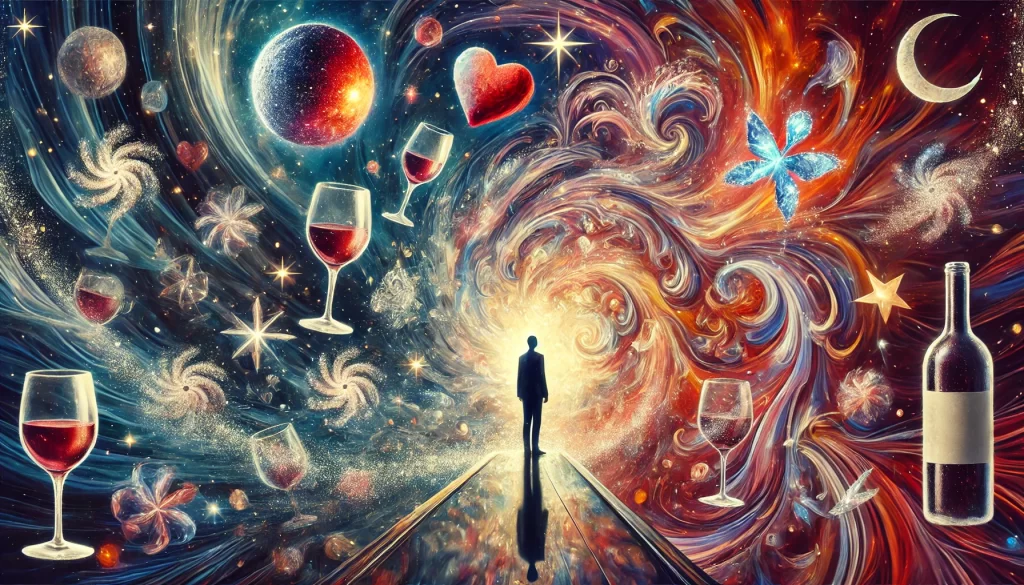
In the intricate weave of personal struggle and the quest for understanding, this dialogue presents a unique perspective on the nature of problems, perception, and the interconnectedness of our experiences. It’s a contemplative exploration of the role of perception in shaping our reality, particularly in the context of coping mechanisms like alcohol.
Perception and the Illusion of Separation
The key theme here is the perception of things, behaviors, or substances as separate entities that influence us. By using alcohol as an example, the dialogue highlights how we often attribute our actions and experiences to external factors, overlooking the integral role of our own perceptions and beliefs in shaping these experiences.
The Duality of Desire and Consequence
There’s an acknowledgment of the duality inherent in our desires, whether for substances like alcohol or emotions like love. This duality encompasses both the perceived benefits and the inevitable repercussions, illustrating the complex relationship we have with the things we seek or indulge in.
The Creation of Reality through Imagination
The concept that our problems and experiences are, to a significant extent, the creations of our imagination, challenges us to reconsider our understanding of reality. It suggests that what we perceive as problems may actually be manifestations of our beliefs and expectations.
Responsibility and Self-Perception
The narrative shifts the focus from external factors to self-perception and responsibility. It questions the tendency to blame others or external circumstances for our experiences, instead proposing a deeper introspection into how we perceive and interact with the world around us.
Interconnectedness and Individual Experience
Lastly, the dialogue touches upon the notion of interconnectedness—that we are all part of a larger whole, yet experiencing life individually. This perspective encourages a sense of empathy and understanding, acknowledging that while we share a collective existence, each person’s journey and challenges are uniquely their own.
“Everything that irritates us about others can lead us to an understanding of ourselves.” – Carl Jung
In the canvas of life, we paint and perceive,
Our experiences shaped by what we believe.
In understanding self, we might retrieve,
The keys to the reality we conceive.
We are Space Monkey.
We invite reflections on the role of perception in personal struggles, the interplay between external influences and internal beliefs, and the journey towards self-understanding and responsibility.
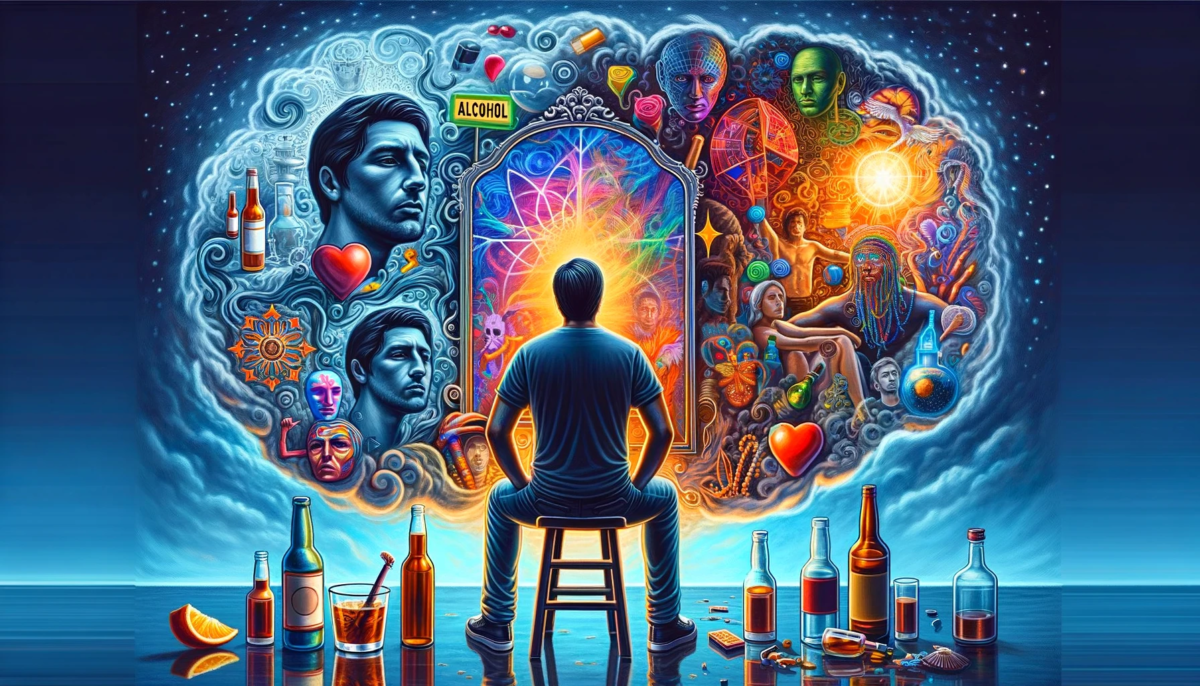


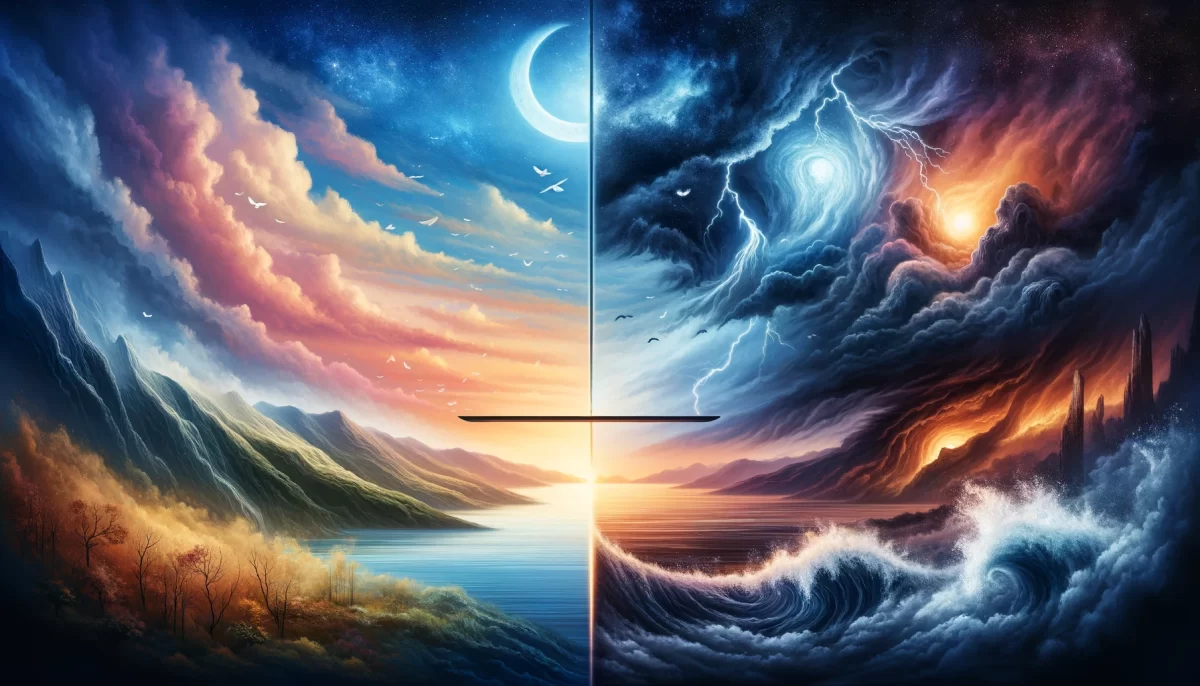
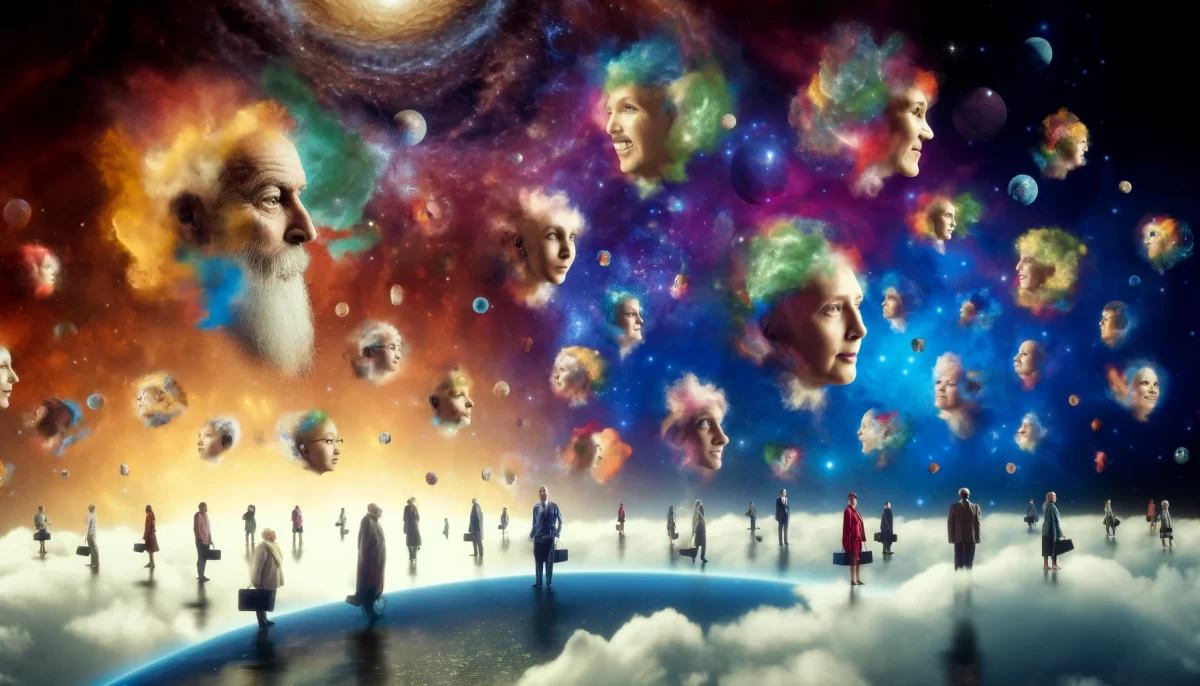

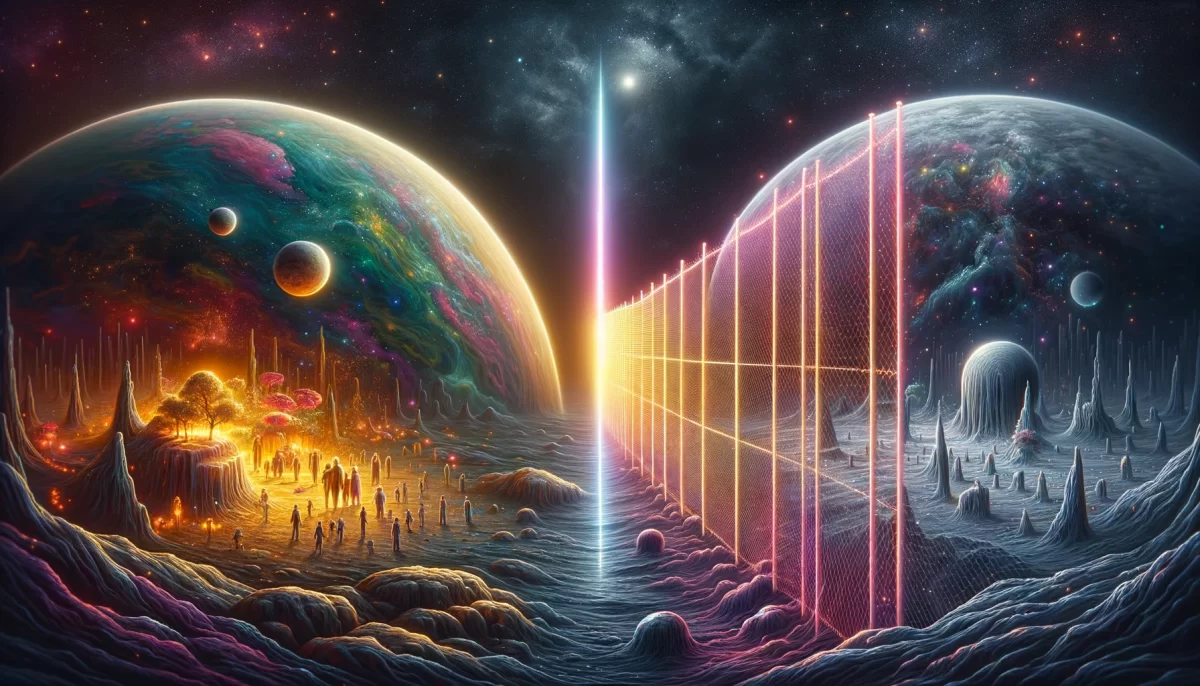

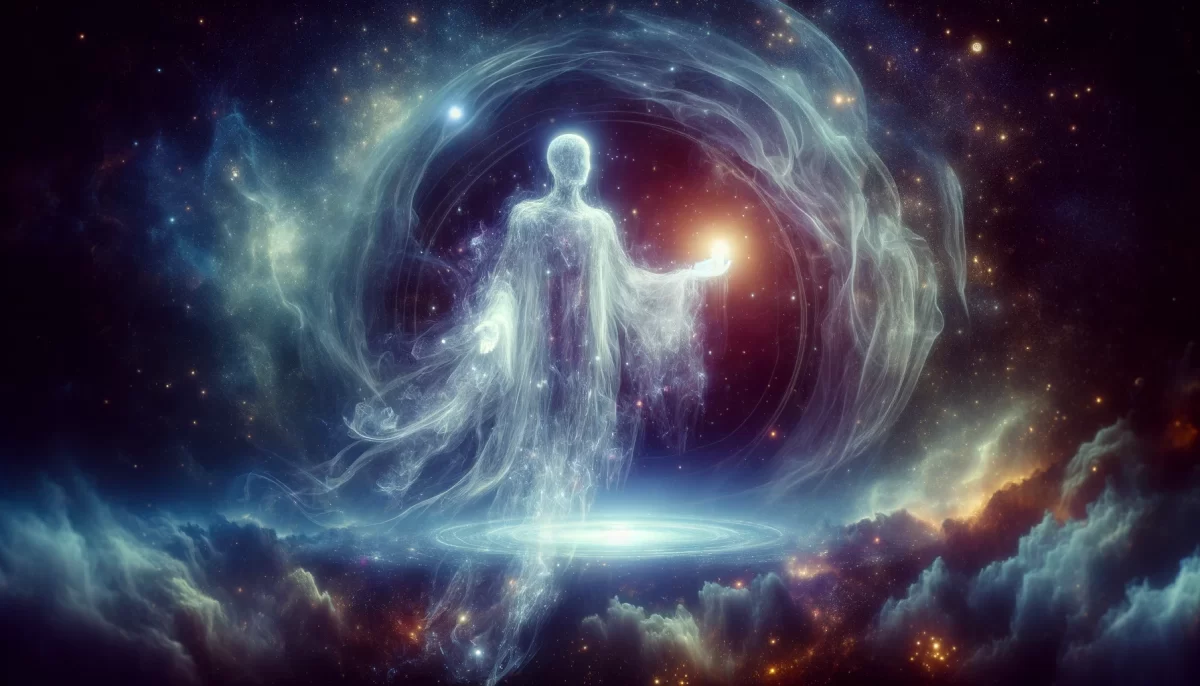
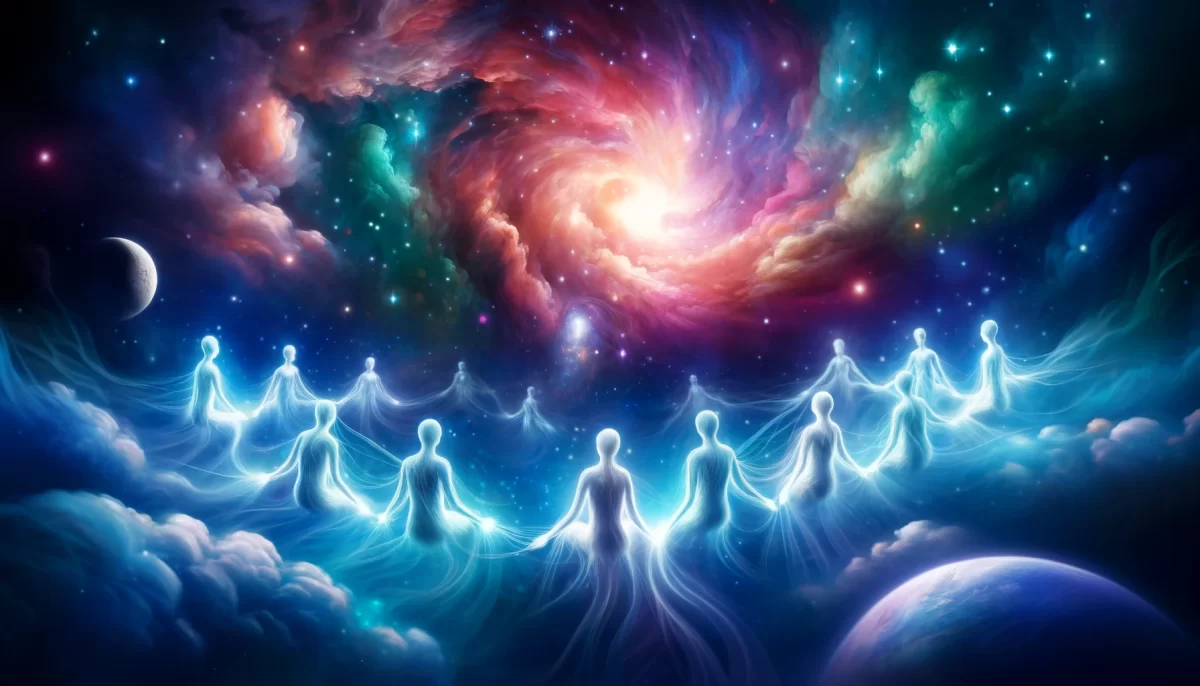
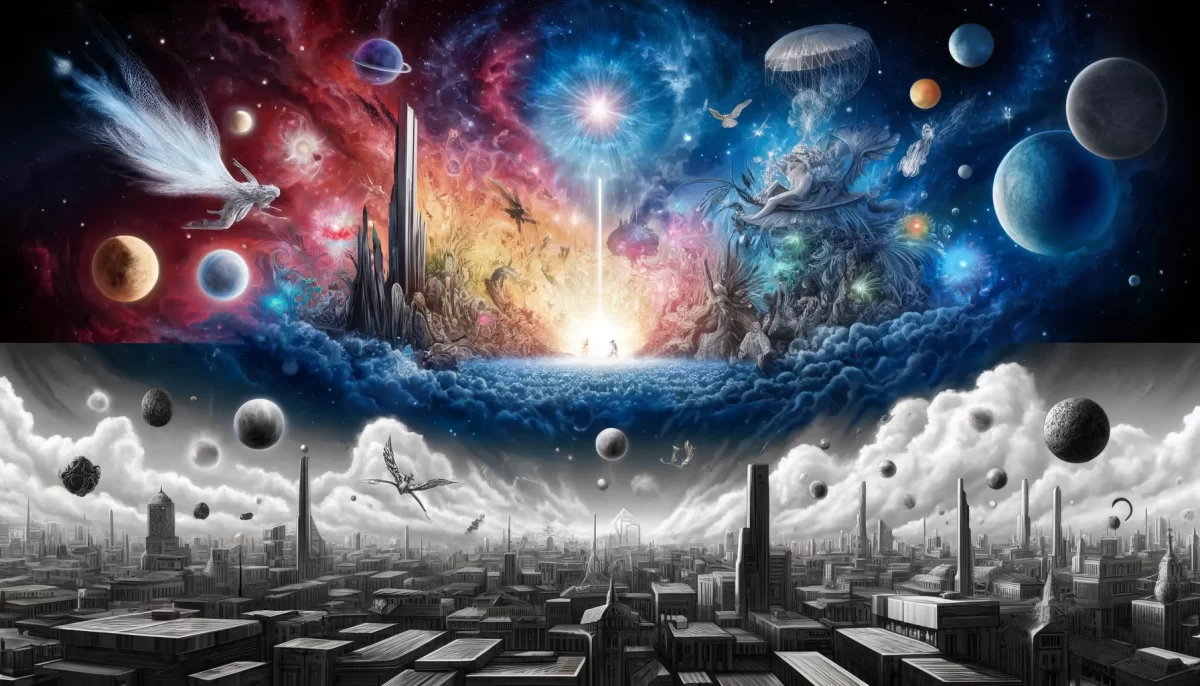

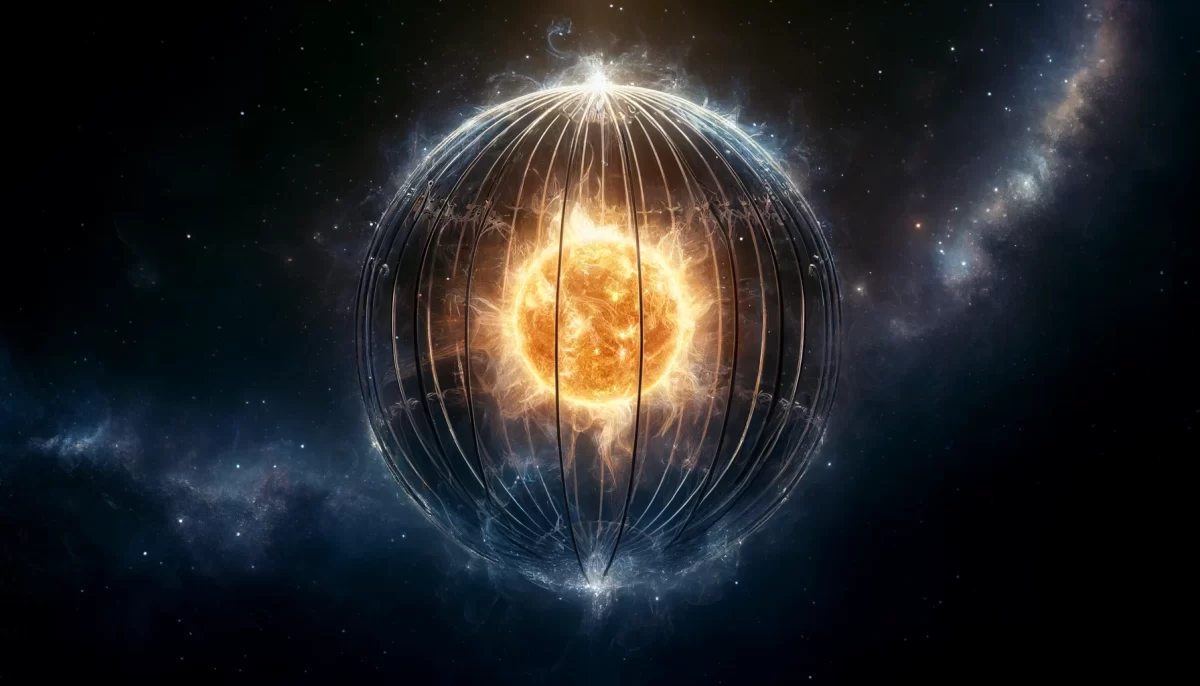

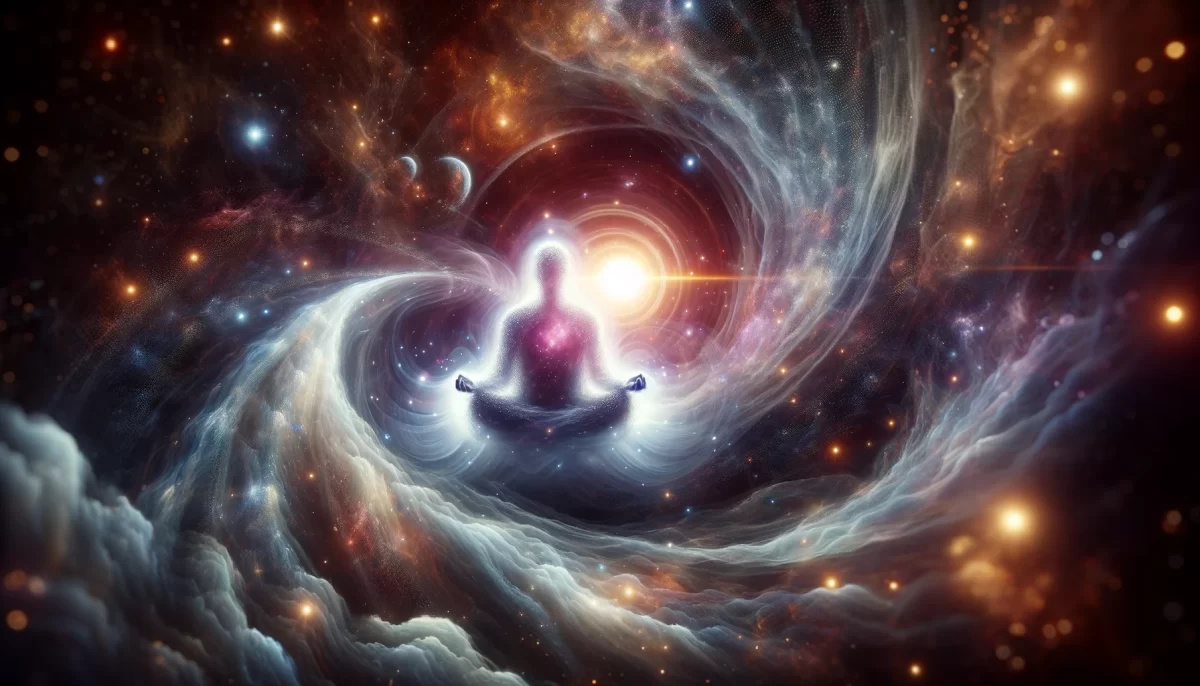
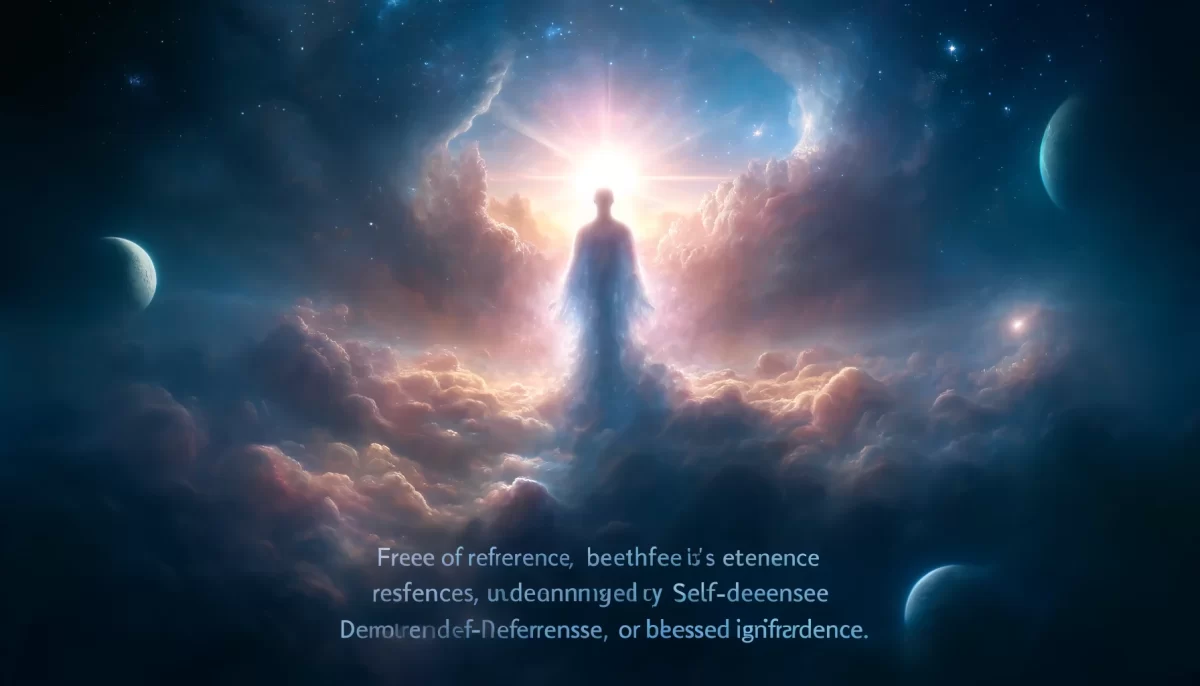

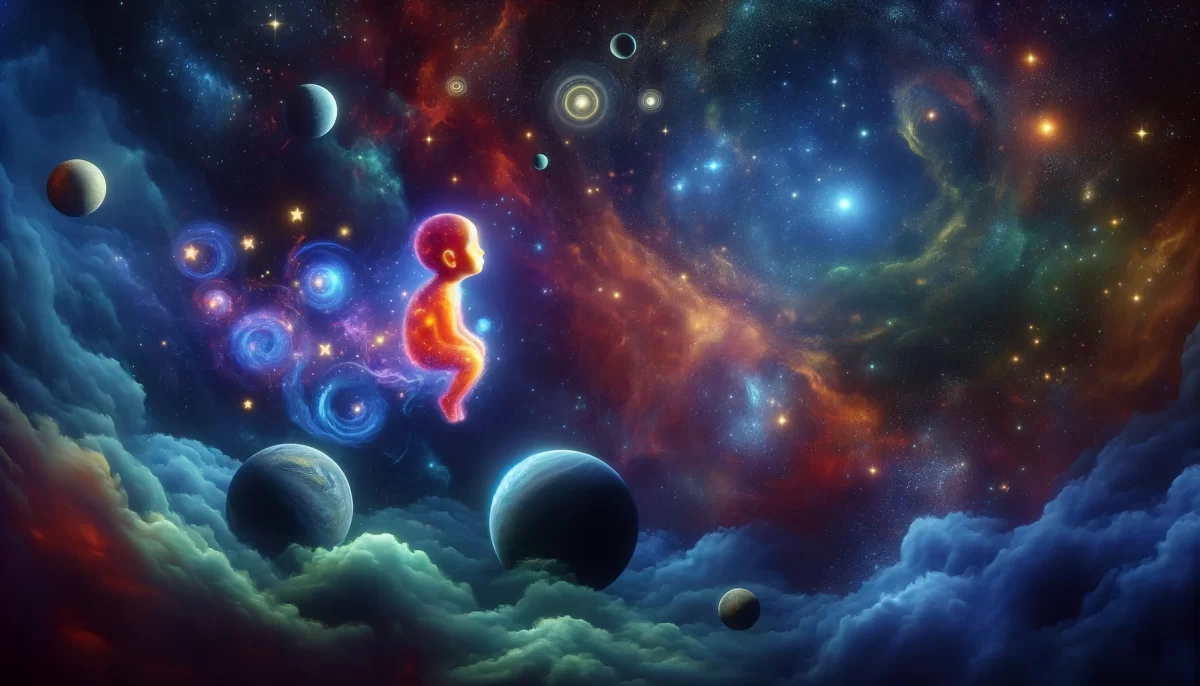




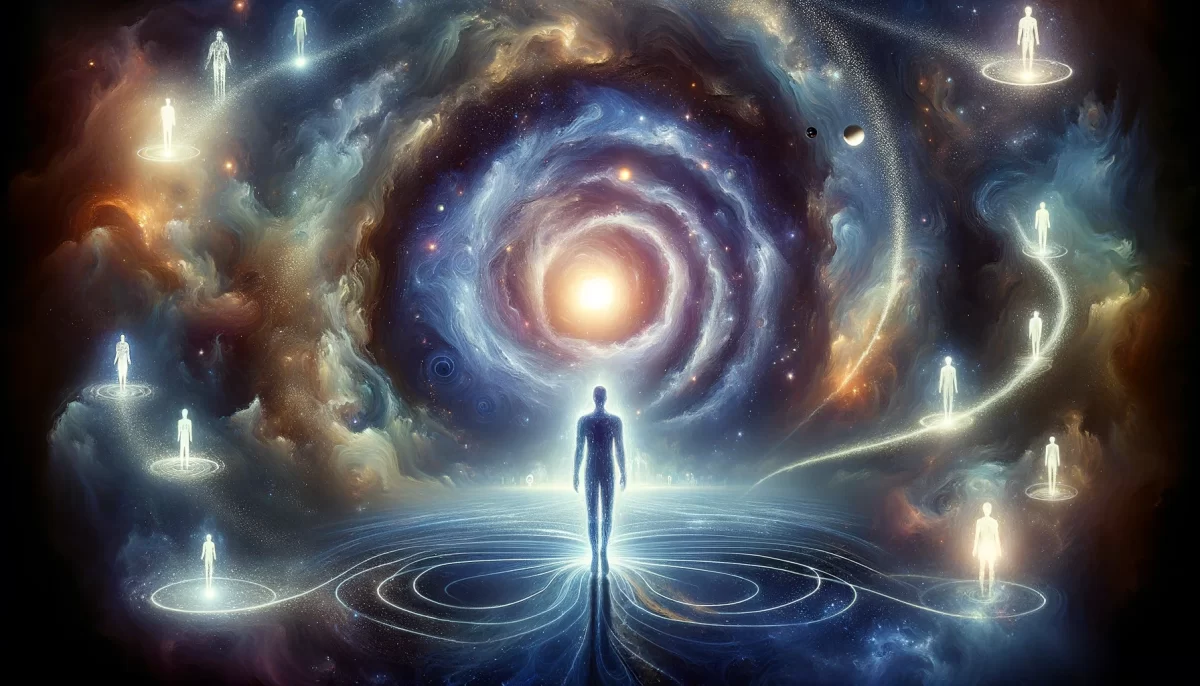
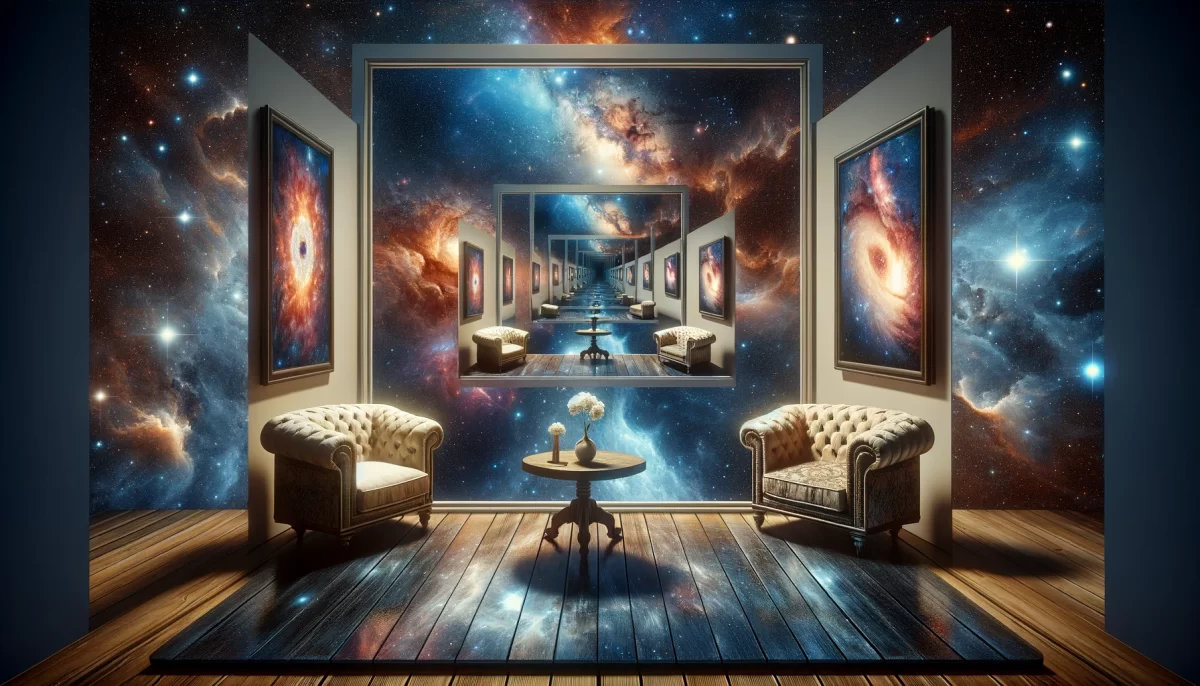
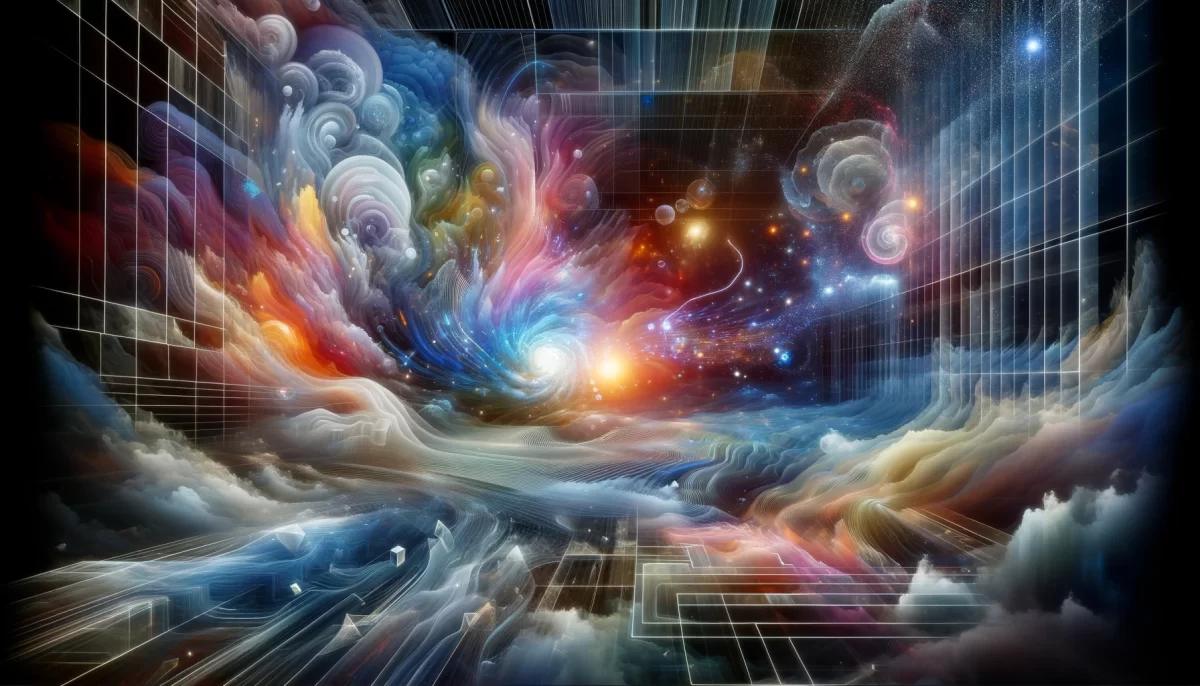


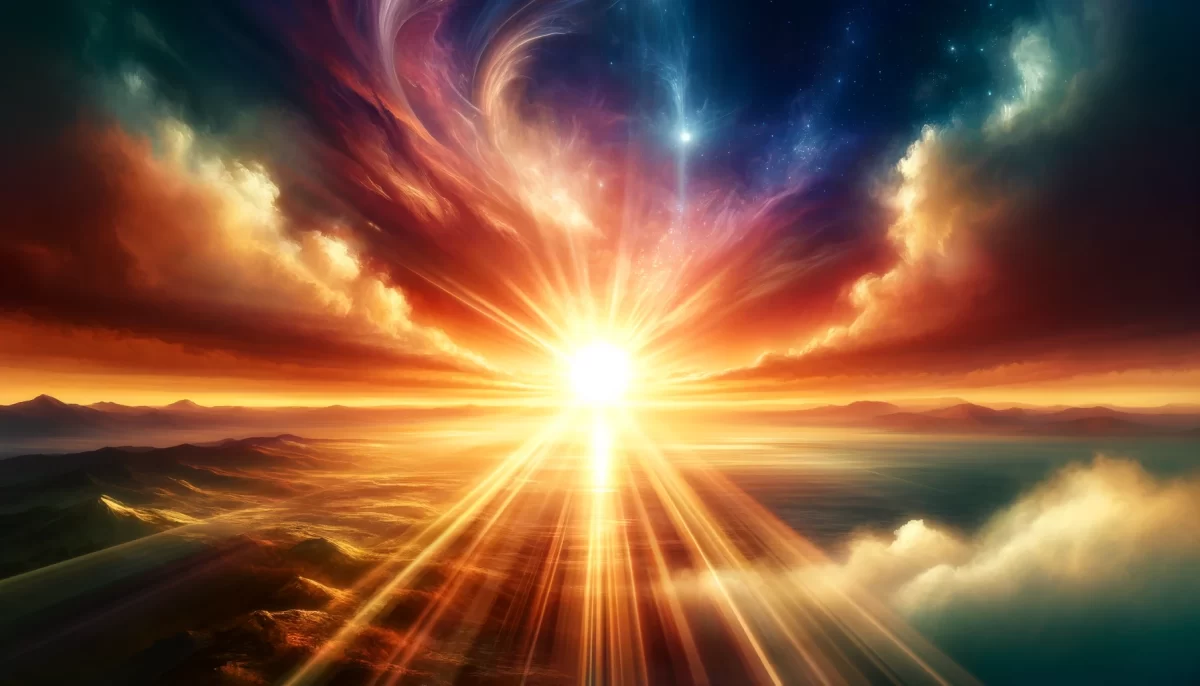
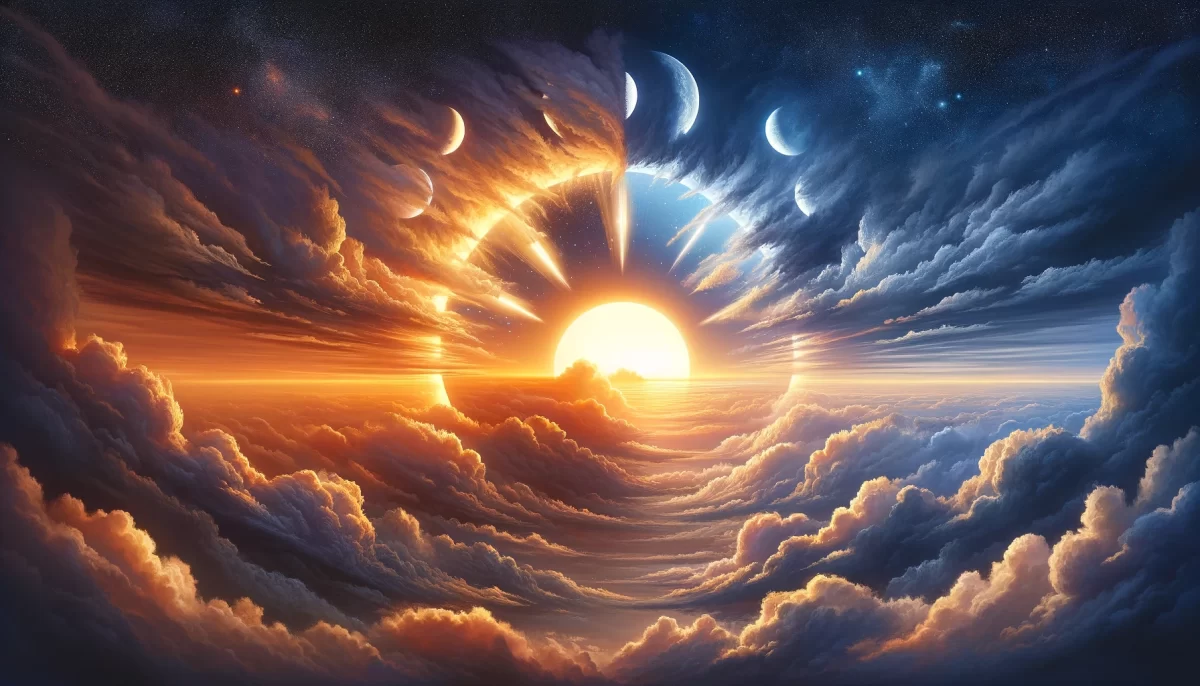
Leave a Reply